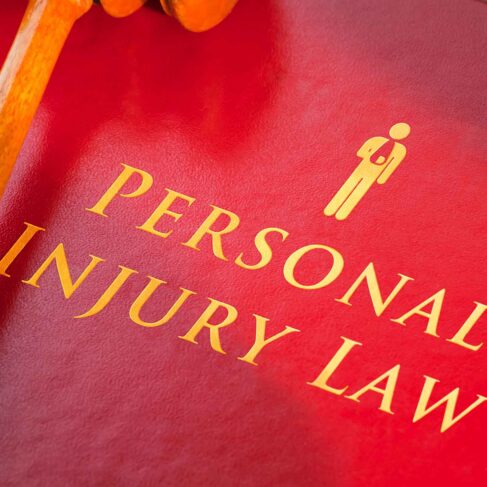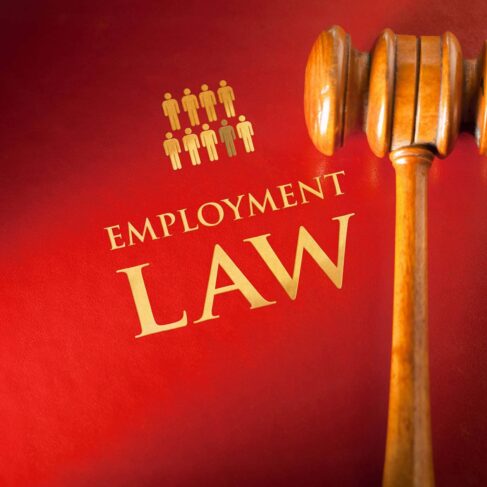Stay connected
Be the first to know about new programs, upcoming events, or other exciting opportunities happening at the University of Georgia by joining our mailing list.
About this course
What you’ll learn
You’ll learn the fundamental aspects of bankruptcy law, including debtor-creditor relationships and differences between voluntary and involuntary bankruptcy under Chapters 7 and 11. You’ll understand the Bankruptcy Code, how to access it, and bankruptcy court structure. The course covers key provisions of Chapters 1, 3, and 5, with ethical considerations. You’ll learn to identify and prepare essential bankruptcy documents such as petitions, schedules, and proof of claim forms. Additionally, you’ll understand the processes involved in 341 meetings, automatic stays, exemptions, and the distinctions between various bankruptcy chapters. Offered in partnership with CLS by BARBRI, this course will empower you to effectively assist attorneys and clients in bankruptcy cases.

Learning objectives
- Explain the fundamental purpose of bankruptcy law, differentiating between the various chapters (7, 11, 12, 13) and their distinct procedural elements, including automatic stays, adequate protection, and the structure of bankruptcy courts.
- Access and analyze relevant provisions of the Bankruptcy Code (Chapters 1, 3, & 5) and associated procedural rules to interpret their application in specific bankruptcy scenarios.
- Prepare accurate and complete bankruptcy documents, including petitions, statements of financial affairs, schedules, and orders confirming plans, demonstrating proficiency in legal drafting.
- Identify and differentiate between exempt and non-exempt property, and the key elements of a “341 meeting” and a proof of claim.
- Evaluate the ethical considerations inherent in practicing bankruptcy law, applying professional standards to hypothetical situations.
- Synthesize knowledge of bankruptcy code provisions and procedural rules to advise clients on appropriate bankruptcy pathways and potential outcomes.
Continuing Education Information
Students will be expected to spend an average of 8 hours per week reading and completing writing assignments. Please note that extensions will not be granted for this online course. 70% is the minimum passing score on all tests and assignments for this course. Students may consider working ahead in the curriculum if they have the time.
Requirements & policies
Prerequisites
Successful completion of Paralegal 1 and Paralegal 2, or the equivalent, or law office experience.
Textbooks
Highly Recommended Legal Resources:
- Paralegal Career for Dummies, 3rd Edition. Hoboken: Wiley Publishing, Inc., 2024 by Lisa Zimmer Hatch and Scott A. Hatch.
- Gilbert Pocket Size Law Dictionary, 3rd Edition. West Academic.
Prices, course details, dates, and times are subject to change.
Contact us + FAQs
FAQs
View the most frequent questions asked by our learners
Financial and Military Assistance
Find out which programs are eligible for assistance
Accommodations
View our accommodation policy





